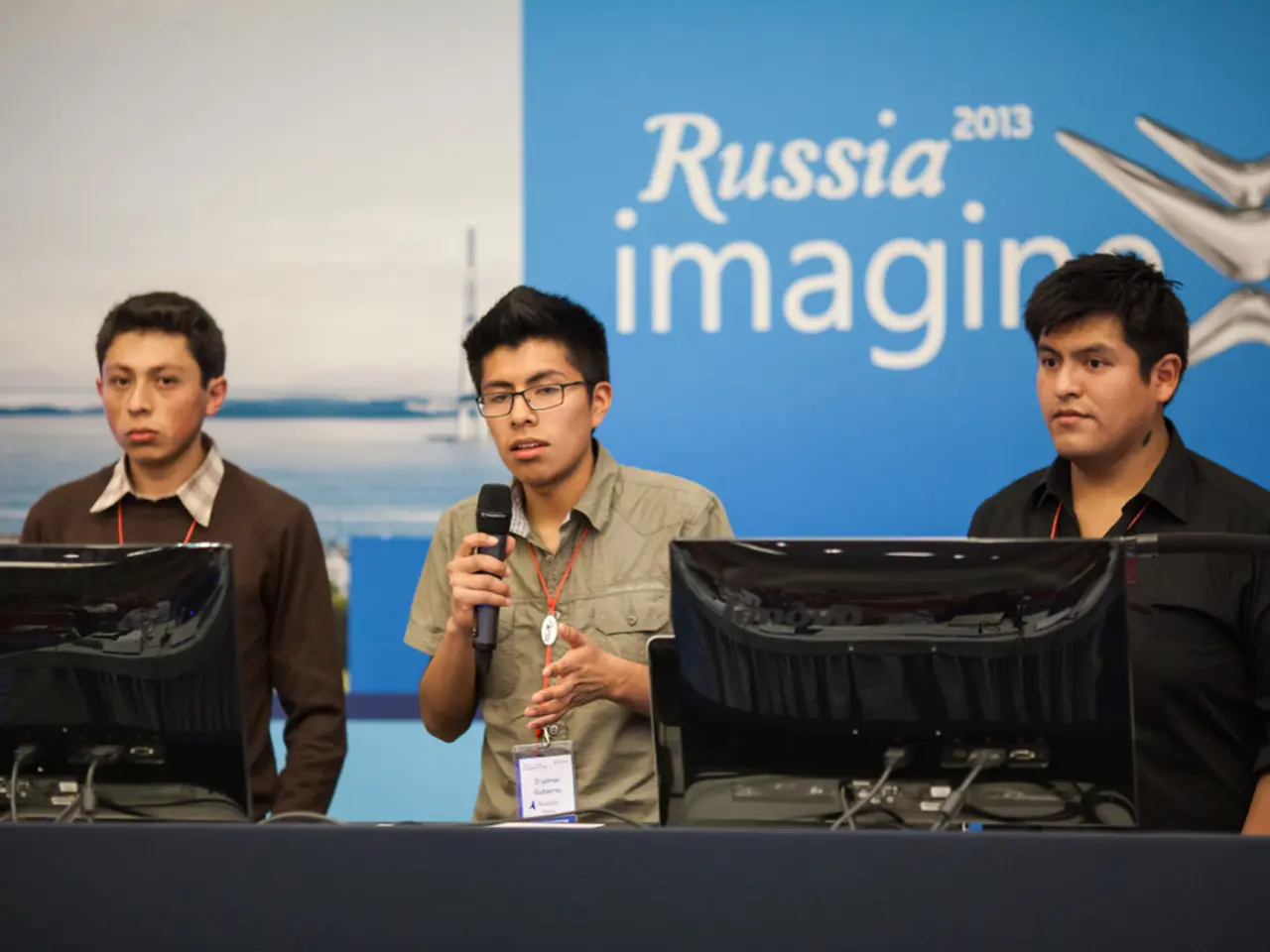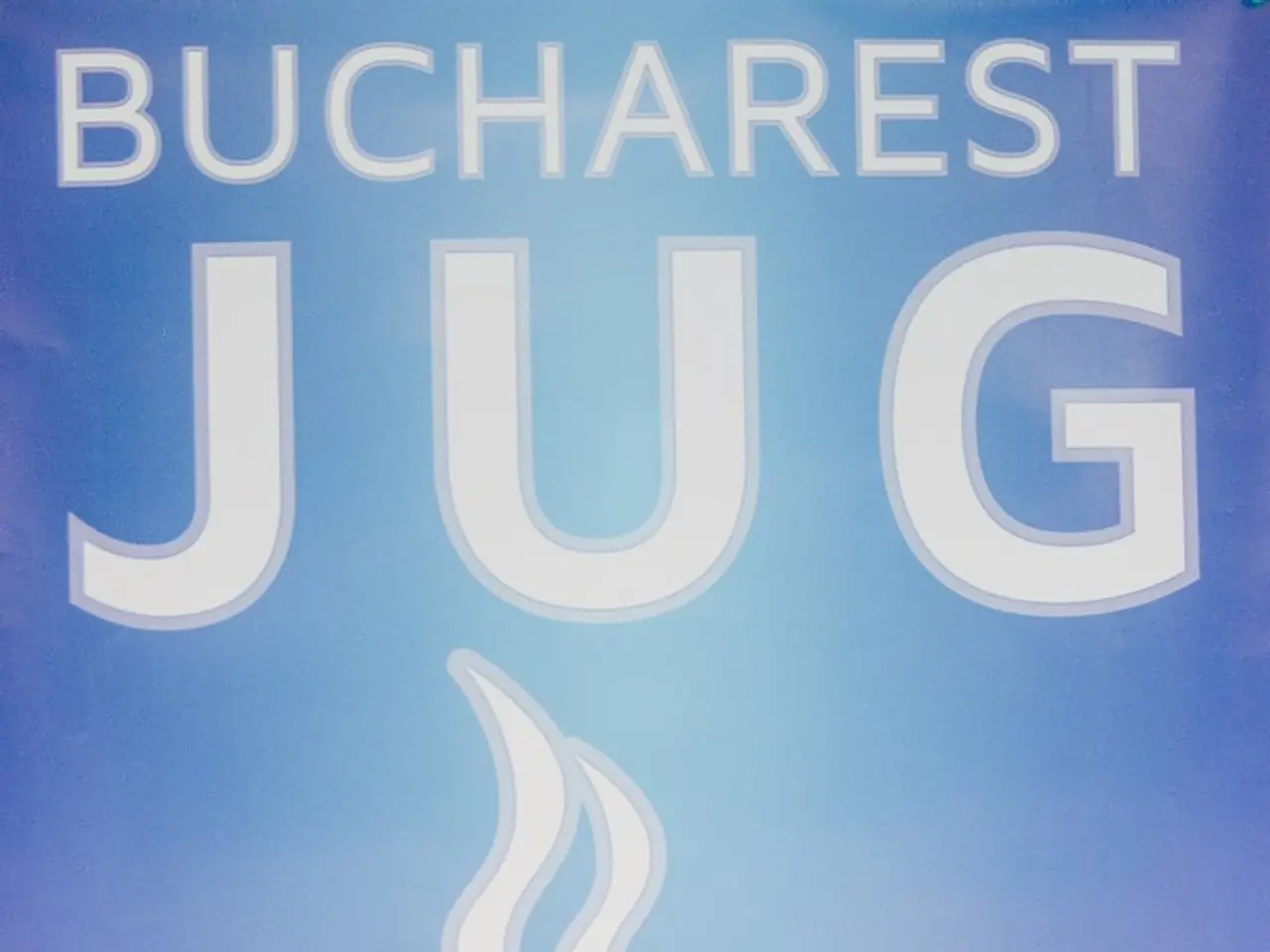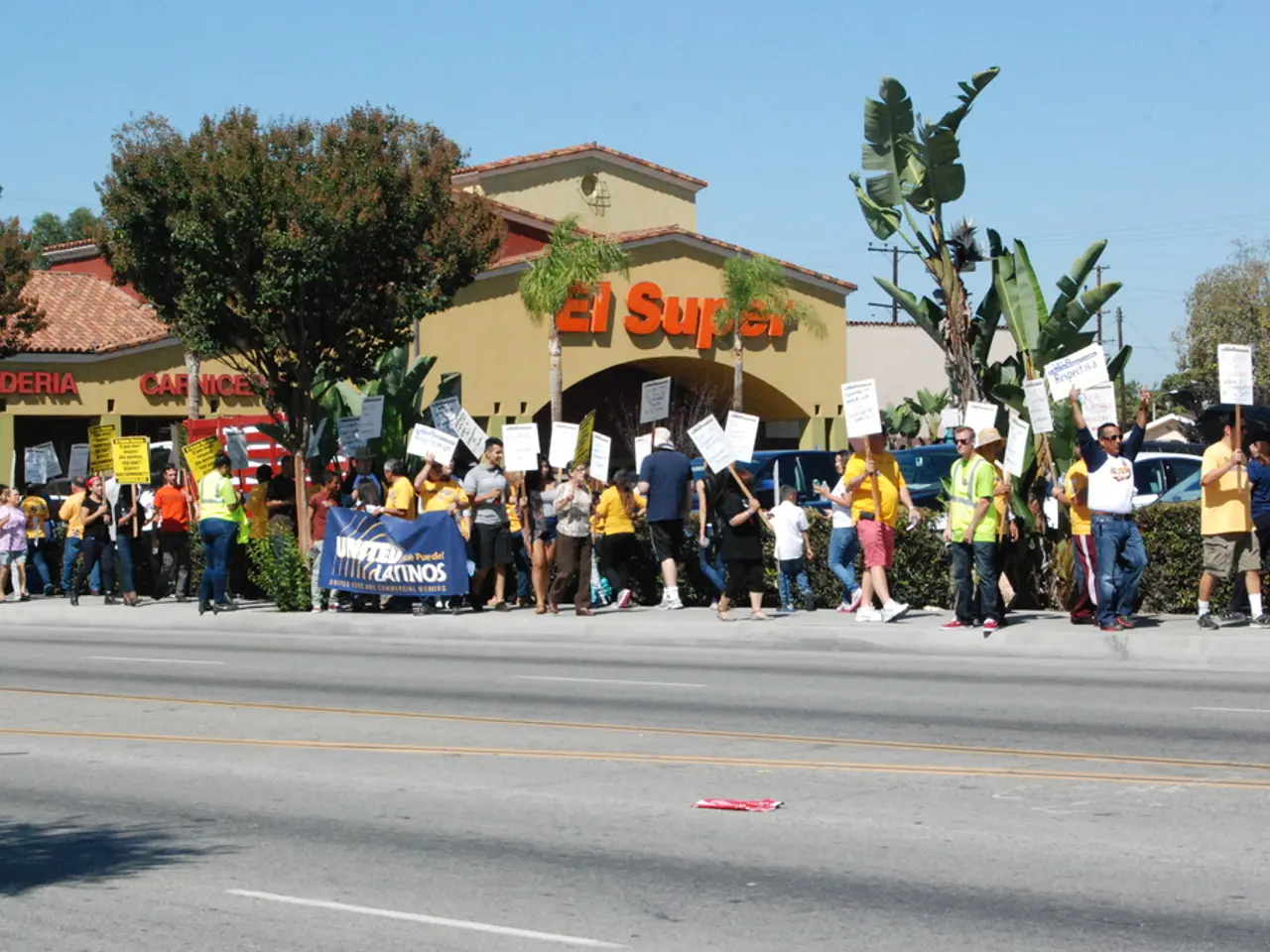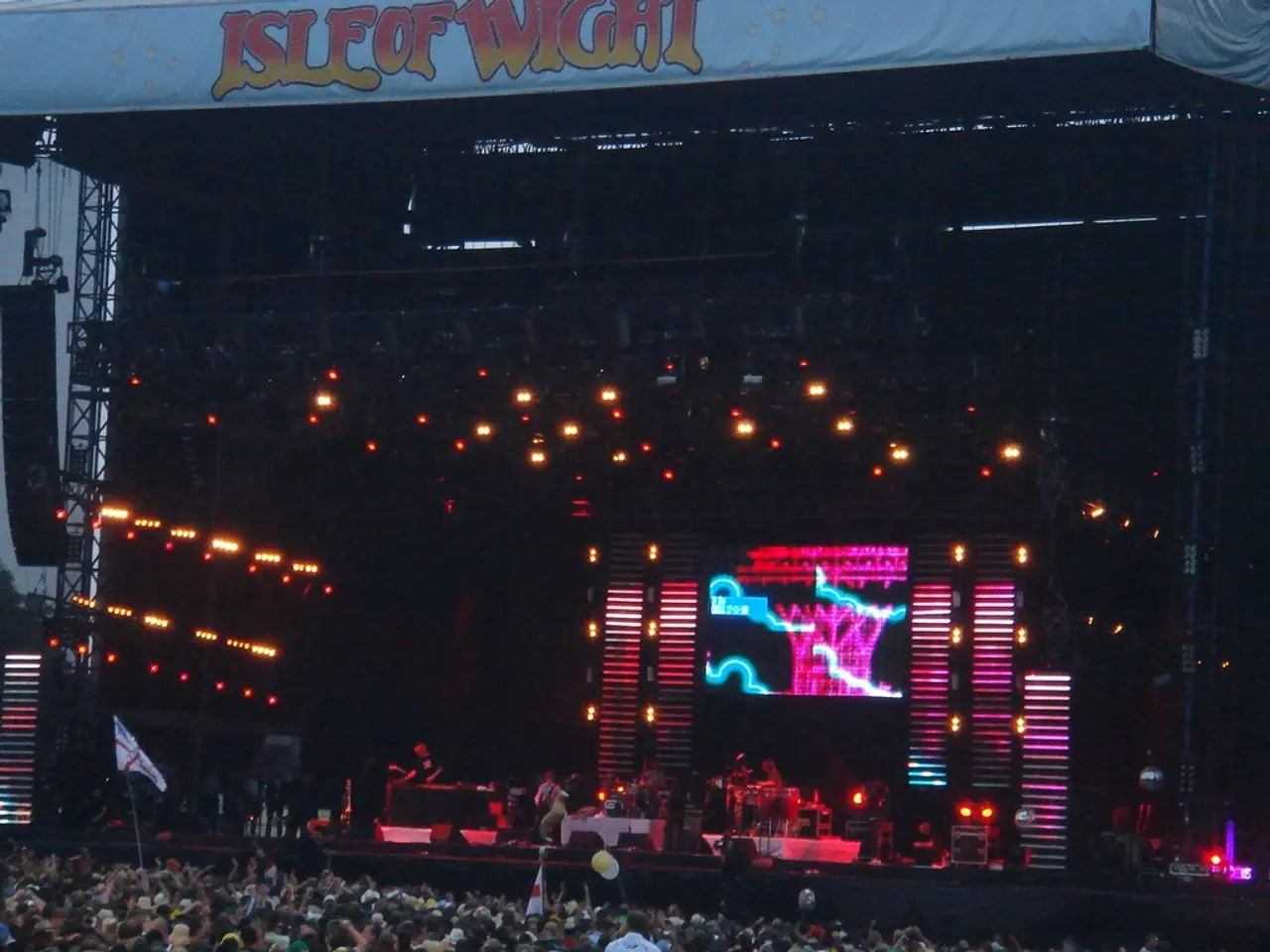"Germany admits pushing for child enlistments in military service"
In a climate marked by growing tensions, Germany and Russia find themselves on opposite sides of the debate over military preparedness and potential conflicts with nuclear powers. The shifting positions of key political figures, such as German Defense Minister Boris Pistorius and Russian President Vladimir Putin, highlight the deep divide between the two nations.
Germany, in response to perceived existential risks from Russia, has significantly altered its military strategy. The German government predicts a possible direct military confrontation between NATO and Russia by 2029, driven by concerns over Russia's ongoing military expansion and modernization efforts. To counter this perceived threat, Germany is boosting its defense spending, aiming to reach €150 billion by 2029, and increasing the readiness of its troops stationed in Eastern Europe to counter any potential Russian attack.
Russia, under Putin's leadership, views these moves as provocations that justify its own military build-up and strategic posturing. Putin's agenda focuses on strengthening Russia's military presence and capabilities, particularly in regions like Chechnya, Syria, and Ukraine, seen as necessary responses to Western and NATO provocations.
Sarah Wagenknecht, a German left-wing politician known for her anti-militarist stance, has historically criticized Germany's rearmament and NATO expansion, warning against escalating tensions that could lead to conflict with nuclear powers like Russia. Wagenknecht has questioned whether Europe could survive a military conflict with a nuclear power and has called on European leaders to take action to prevent a potential military conflict. However, it is not clear whether her concerns about the militarization of Germany and military service propaganda being targeted at children are shared by other political leaders or parties in Germany or Europe.
Putin, on the other hand, has repeatedly stated that Moscow has no intention of attacking anyone. His denial of any hostile intentions towards other countries could be aimed at de-escalating tensions. Yet, Putin considers the "Russian threat" to be a "fabrication."
The current stance of Germany and Russia regarding Germany's militarization and potential military conflicts with nuclear powers is a subject of debate among political leaders, with some viewing it as real and others as a fabrication. The German Chancellor's stance on Russia could influence the broader NATO stance towards Russia, potentially escalating tensions between the two nations.
The perceived "Russian threat" is a topic of contention between Germany and Russia, with German Chancellor Friedrich Merz stating that Russia poses a threat to all NATO countries. Meanwhile, Putin's statement implies he sees the perceived Russian threat as a political tool. It remains to be seen how these contrasting perspectives will shape the future of relations between Germany, Russia, and the wider international community.
- The German government, in response to the perceived threat from Russia, is boosting its defense spending and increasing the readiness of its troops, viewing this as a necessary measure in the face of potential conflicts with nuclear powers, such as Russia.
- Russia, under Putin's leadership, views Germany's military strategy as a provocation and justifies its own military build-up, with Putin denying any hostile intentions towards other countries while simultaneously regarding the "Russian threat" as a political fabrication.





